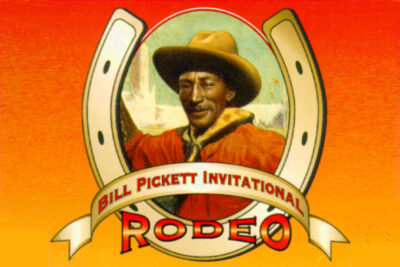on
- March 29
1981—Dr. Eric Williams, prime minister of Trinidad and Tobago, dies in Port of Spain at the age of 79. Williams was a historian and his classic work was “Capitalism and Slavery.”
- March 30
1870—The 15th Amendment to the U.S. Constitution is ratified giving Blacks the right to vote. Actually, it gave Black males the right to vote. It would take the Suffrage Movement and another 50 years before women (Black and White) had full voting rights. But even in the case of Black males, the “right” to vote only lasted briefly. With the end of Reconstruction, “Jim Crow” laws were passed throughout the South, which in effect took away the right of Blacks to vote despite the Constitutional guarantee. African Americans did not achieve full voting rights in this country until the mid-1960s.
- March 31
1741—Black rebellion hysteria grips New York. A series of mysterious fires and reports of slaves plotting rebellion sweep New York. The hysteria lasts through April. Thirty-one alleged slave plotters and five White sympathizers were hanged.
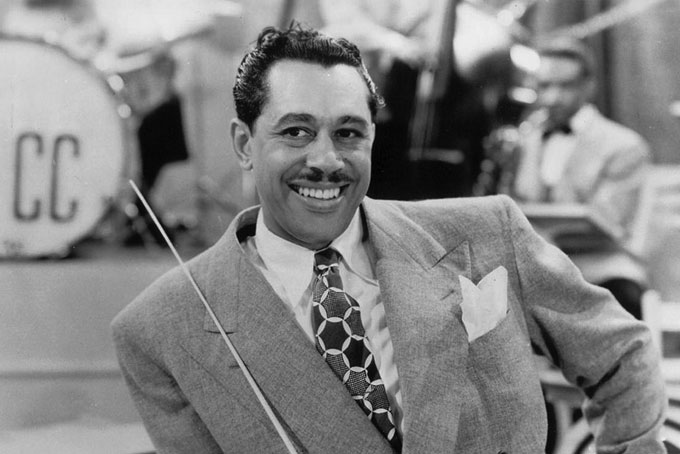
1931—Cab Calloway recorded “Minnie the Moocher”—the first jazz album to sell more than one million copies.
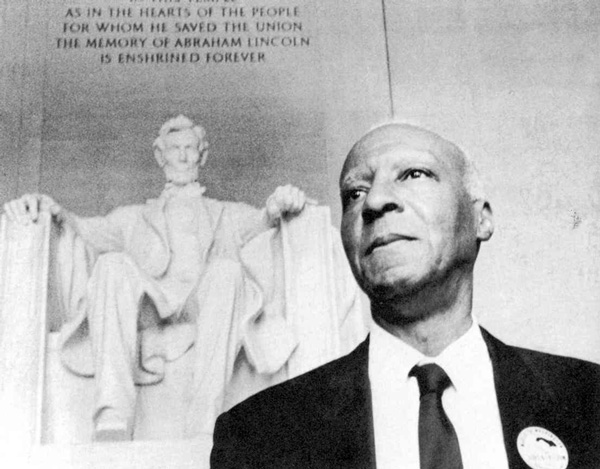
1948—Labor leader A. Phillip Randolph issues a threat before the Senate Armed Services Committee. He declares that unless more is done to end segregation and discrimination in the military, he would launch a campaign encouraging Black youth to employ civil disobedience to resist the draft. His threat helps to bring an end to a host of discriminatory practices in the U.S. armed forces.
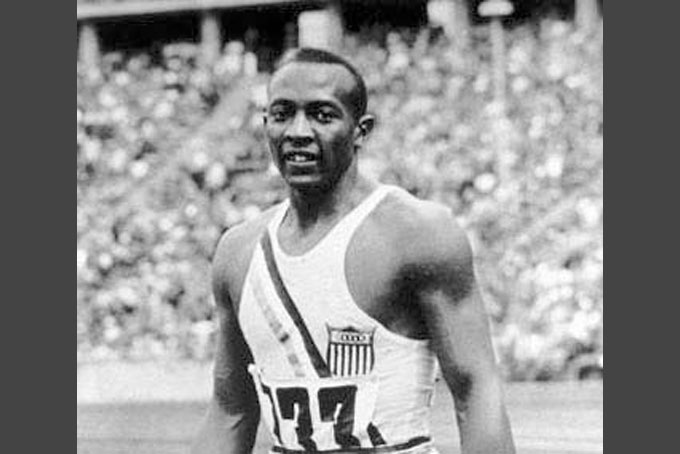
1980—Olympic legend Jesse Owens dies at 66 in Tucson, Ariz. Owens won four track and field gold medals at the 1936 Olympics in Berlin, Germany, embarrassing German leader Adolph Hitler and undermining his ideology of White Aryan superiority.
- April 1
1868—Hampton University is founded during Reconstruction in Hampton, Va. The school is now one of the leading Black educational institutions in America.
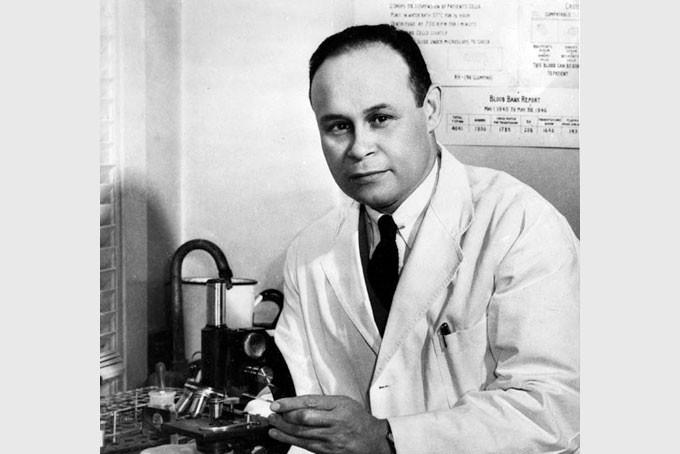
1950—Surgeon Charles Drew dies at 45 in an automobile accident near Burlington, N.C. Drew developed the concept of a blood bank for storing large amounts of plasma. Anyone who has ever received a blood transfusion is indebted to Dr. Drew. He had dedicated his life to insuring that increased scientific knowledge actually led to the betterment of human life. One of his most frequently repeated quotes: “There must always be the continuing struggle to make the increasing knowledge of the world bear fruit in [the form of] increased understanding and the production of human happiness.”
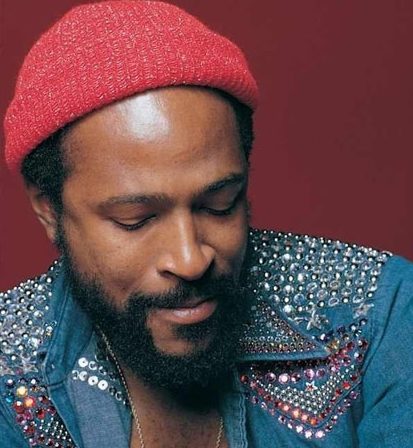
1984—Sensational, Washington, D.C., born R&B singer Marvin Gaye is shot and killed by his father during an argument. Gaye was 38—just one day short of his 39th birthday. The senior Gaye later died of pneumonia. Gaye helped to shape the sound of Motown Records in the 1960s with a string of hits, including “How Sweet It Is (To Be Loved By You)” and “I Heard It Through the Grapevine”, and duet recordings with Mary Wells and Tammi Terrell, later earning the titles “Prince of Motown” and “Prince of Soul.”
- April 2
1855—John Mercer Langston becomes the first African-American elected to public office when he wins the position of clerk of Brownhelm Township, in Ohio. Though not well known today, Langston was one of the foremost Black leaders of the 1800s. With the aid of his two brothers, he organized anti-slavery societies throughout Ohio. The Oberlin College graduate also became a lawyer and statesman for Black rights. After the Civil War, he organized the law department at Howard University in Washington, D.C. The town of Langston, Okla., is named in his honor. He died in 1897.
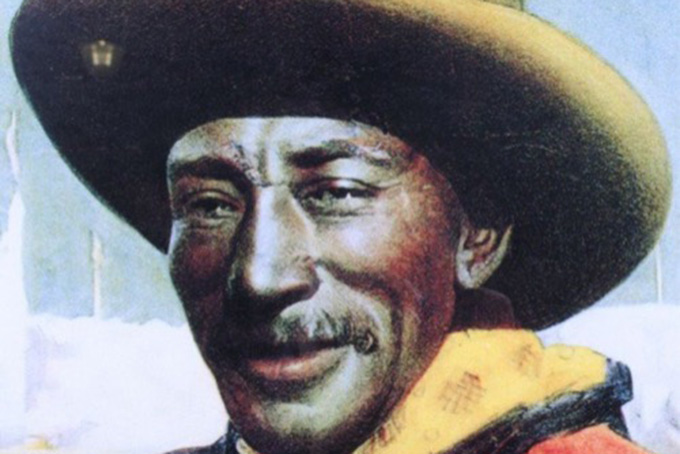
1932—World famous Black cowboy William “Bill” Pickett dies on this day in Ponca, Okla., after being kicked in the head by a horse. He was 70. But during his heyday Pickett was perhaps the best known and most celebrated cowboy in the world traveling with various “wild west” shows including the Millers Brothers’ Fabulous 101 Ranch. He invented the rodeo sport of bulldogging. Pickett was of Black and Indian descent.
1939—Marvin Gaye is born on this day in Washington, D.C. He signs with Detroit’s Motown Records in 1962 and goes on to become one of the leading R&B male vocalists of the 1960s, 1970s and early 1980s, with hits ranging from the socially conscious “What’s Going On” to the sexy “Let’s Get It On.” Gaye was shot to death by his father during an argument in 1984.
April 3
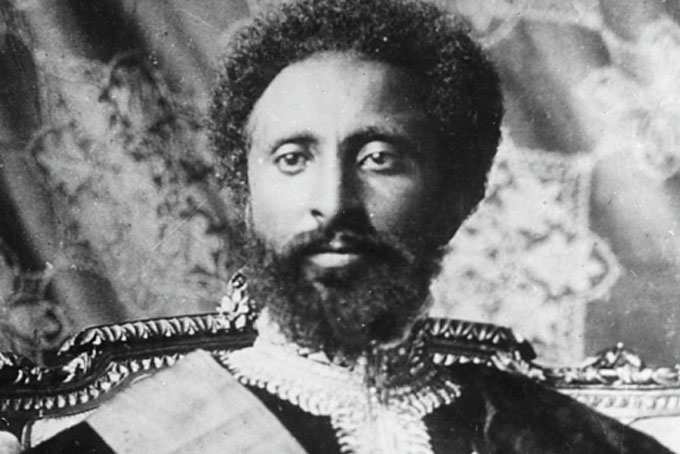
1930—Ras Tafari is proclaimed Emperor of Ethiopia—one of the only African nations to successfully resist European colonization. He is renamed Haile Selassie. Blacks in many parts of the world view him as a god-like figure. Indeed, Jamaicans form a religion in his honor. They call themselves Rastafarians. Selassie could trace his ancestry as far back as the Queen of Sheba and King Solomon of the Christian Bible.
1950—Carter G. Woodson, the father of Black History Month, dies at age 74 in Washington, D.C.

1961—Comedian-actor Eddie Murphy is born in Brooklyn, N.Y.
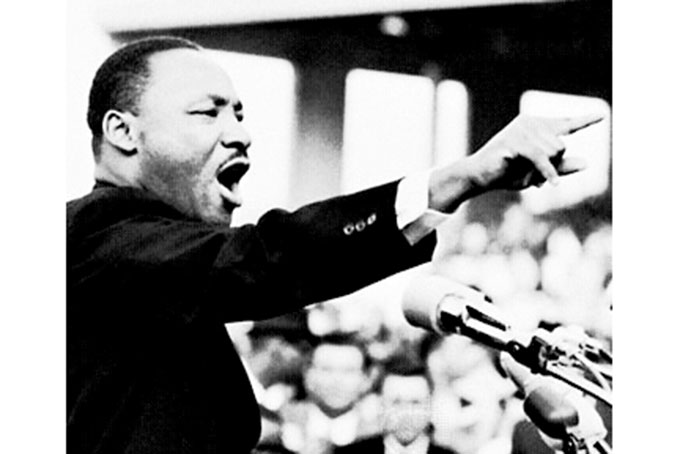
1968—Dr. Martin Luther King Jr. delivers his powerful and prophetic “I’ve Been to the Mountaintop” speech in Memphis, Tenn. Many felt he used the speech to predict his own death. He was assassinated the very next day—at 6:01 p.m., April 4, 1968.
- April 4
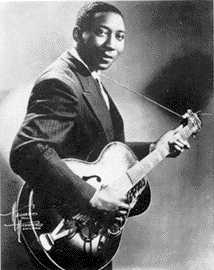
1915—Muddy Waters is born McKinley Morganfield in Rolling Fork, Miss. Walters would go on to become one of the primary shapers of that genre of music known as the blues. Indeed, he was easily one of the most influential musicians of the first half of the 20th century.
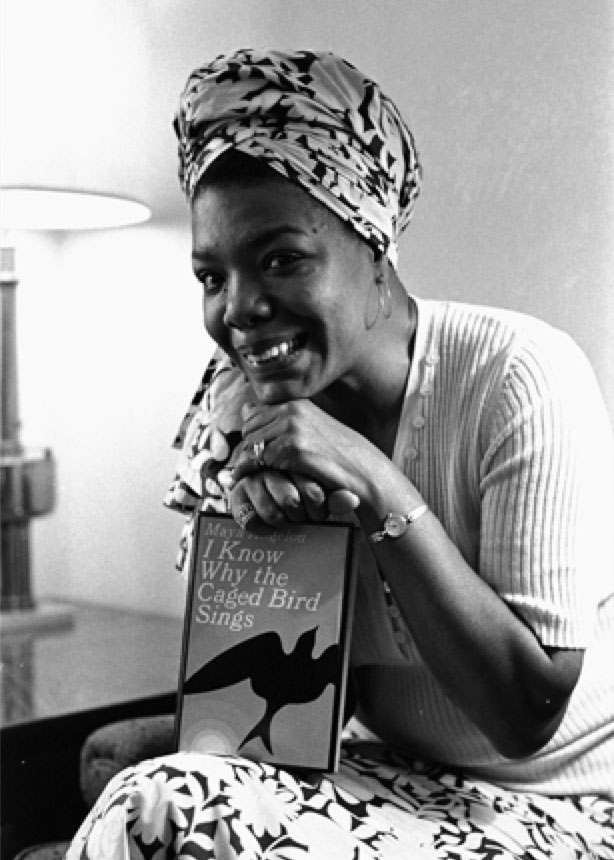
1928—Poet Maya Angelou is born Marguerite Johnson in St. Louis, Mo. Angelou now ranks as one of the greatest poets in America. But her talents have also been expressed as a playwright, author, producer, historian and civil rights activist.
1967—Civil rights legend Dr. Martin Luther King Jr. formally announces his opposition to America’s war in Vietnam during a speech before the Overseas Press Club in New York City. The speech brought King even greater opposition from the federal government, especially then-FBI Director J. Edgar Hoover. It also alienated some Black leaders who felt it was a mistake to mix domestic civil rights issues with foreign policy issues. But King charged that “Injustice anywhere is a threat to justice everywhere.”
1968—Dr. Martin Luther King Jr. is assassinated while standing on a hotel balcony in Memphis, Tenn., as he had embarked on a campaign to focus the Civil Rights Movement on economic and financial betterment issues for Blacks. Riots or urban rebellions broke out in over 100 U.S. cities. At least 50 people are killed as over 20,000 federal troops and 34,000 National Guardsmen are mobilized to put down the disturbances. The official finding was that a lone White gunman, James Earl Ray, was responsible for the assassination. However, suspicions remain until this day that the FBI, led by arch-conservative J. Edgar Hoover, was somehow involved in the killing.
Join our email list to stay connected.


